
HartRAO Home >
news >
50th Anniversary of the Hartebeesthoek 26m Radio Antenna - 2011/07/01
50th Anniversary of the Hartebeesthoek 26m Radio Antenna - 2011/07/01
The 26m diameter radio antenna at Hartebeesthoek, 50km West of Johannesburg,
was built in 1961 by the US space agency NASA to help meet the need for
large antennas for communicating with spacecraft on "Deep Space" missions -
those going beyond Earth orbit, to the Moon and planets.
The "Johannesburg Tracking Station", or Deep Space Instrumentation Facility
51 (DSIF 51) as it was more formally known, was declared operational on July
1, 1961, in time for the Ranger 1 mission to photograph the Moon. This was
the first of many missions to the Moon designed to prepare for the Apollo
manned Moon landings. They included the Lunar Orbiters to map the Moon to
find potential landing sites and the Surveyors that soft landed on the Moon
to test ability of the Apollo Lunar Modules to land safely.
The antenna tracked the Pioneer spacecraft exploring interplanetary space in
the solar system. It participated in the Mariner missions to Venus and
Mars, including receiving the first close-up images of Mars that were taken
by Mariner IV on July 15, 1965.
With the reduction in the US space program after Apollo and facing
increasing pressure to withdraw from South Africa owing to its Apartheid
policy, NASA chose to close the station in 1974.
After decommissioning by NASA, the station was turned over to the CSIR, who
had operated it on NASA's behalf. Engineer George Nicolson, who had been
using the antenna for limited radio astronomy research between spacecraft
tracks, was appointed Director, with the brief to convert it to full time
use as a radio telescope. It was renamed the Hartebeesthoek Radio Astronomy
Observatory (HartRAO) and now operates as a National Facility of the
National Research Foundation (NRF).
Thus began a new life for the antenna, one destined to last much longer than
its original design purpose.
Research collaborations with local universities produced a flow of young
radio astronomers. They helped develop new instrumentation and opened up
new fields of research on exotic objects such as pulsars, masers and
quasars.
An important capability initially developed during the NASA years was the
ability to combine signals from radio telescopes on different continents, in
a technique known as Very Long Baseline Interferometry (VLBI). Experiments
starting in 1971 using the NASA antennas at Hartebeesthoek and Woomera in
Australia were the first in the Southern hemisphere. VLBI effectively
creates a radio telescope as big as the distance separating the
participating telescopes. Intercontinental distances enables very fine
detail to be detected in the radio emission from sources in space. The
Hartebeesthoek 26m antenna remains the only operational radio telescope in
Africa with this capability.
NASA exploited this VLBI capability to measure the distances between
telescopes very accurately, in order to measure the motion of the Earth's
tectonic plates. The Hartebeesthoek telescope began participating in these
measurements in 1986. They showed that the movement of the antenna - and
Southern Africa - was to the North-East, at a rate of 25 mm per year. This
programme continues today, under the auspices of the International VLBI
Service for Geodesy and Astrometry and Geodesy (IVS). This project marked
the start of HartRAO's Space Geodesy Programme to study the changing Earth
and support international research collaborations and practical spinoffs
using the Global Positioning System (GPS) and Satellite Laser Ranging (SLR).
The extremely precisely determined position of the radio telescope led to it
becoming the reference point for the survey system of South Africa in 1994.
The large radio telescope provides a memorable icon for visitors and since
1990 HartRAO has employed full time science communicators to reach more than
ten thousand learners, educators and public each year.
In October 2008 the future of the 47 year old antenna was cast into doubt
when the large bearing at the South end of the polar shaft was found to be
failing. A decision was made in July 2009 to replace the bearing and return
the telescope to service, which occurred successfully in July 2010.
July 1, 2011, marks fifty years of operation of the antenna.
It is the presence of this radio telescope, a relic of the early space age,
and the local community of radio astronomers, that has led to South Africa's
bid to host the ultimate radio telescope - the Square Kilometre Array (SKA)
- and the development of the Karoo Array Telescope (KAT) as a precursor to
it. The first experimental prototype for KAT was built, not in the Karoo,
but at HartRAO alongside the venerable 26m telescope in 2007.
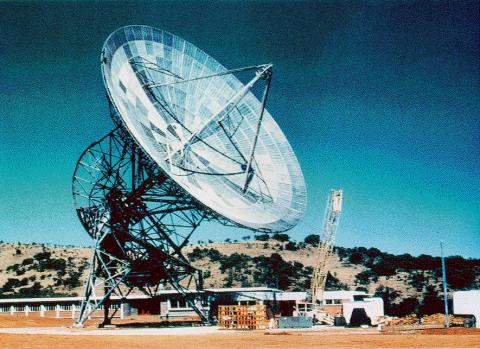
Click on the image for large version [credit: NASA]
The 26m antenna as built at Hartebeesthoek in 1961.
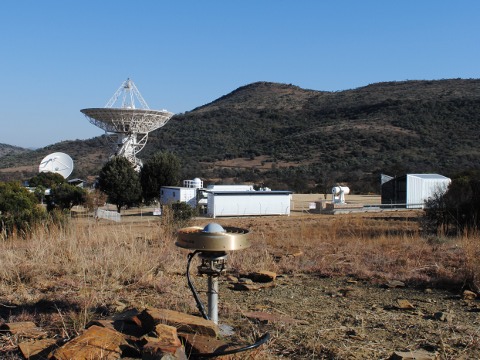
Click on the image for large version [credit: Wickus Combrinck]
The 26m antenna in 2011, surrounded by new science instrumentation -
the 15m XDM KAT prototype telescope on the left,
GPS antenna in the foreground,
the NASA Satellite Laser Ranger centre-right,
and the Lunar/Satellite Laser Ranger under development, on the right.
50th Anniversary Celebration at HartRAO
Pictures taken at the celebration on 2011 July 1 are shown below.

Click on the image for large version

Click on the image for large version

Click on the image for large version

Click on the image for large version

Click on the image for large version
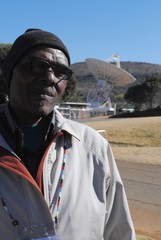
Click on the image for large version
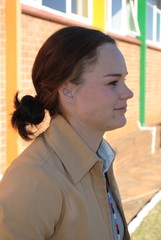
Click on the image for large version
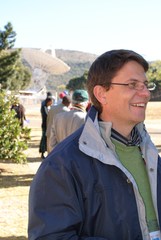
Click on the image for large version
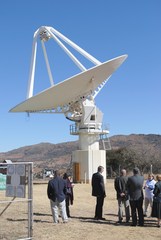
Click on the image for large version

Click on the image for large version
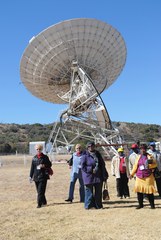
Click on the image for large version

Click on the image for large version

Click on the image for large version
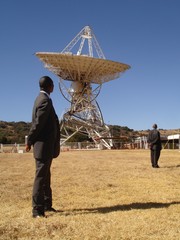
Click on the image for large version
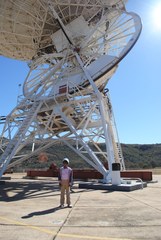
Click on the image for large version

Click on the image for large version
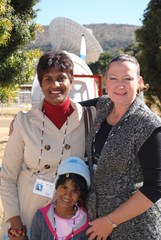
Click on the image for large version
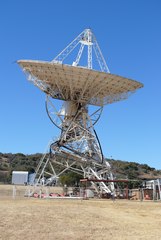
Click on the image for large version
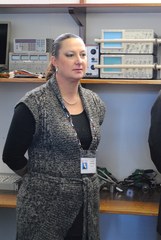
Click on the image for large version
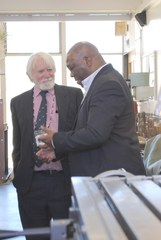
Click on the image for large version
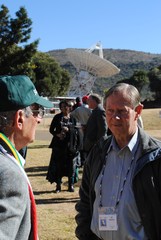
Click on the image for large version
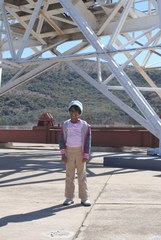
Click on the image for large version
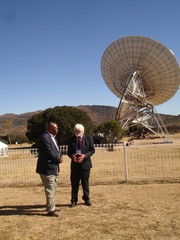
Click on the image for large version
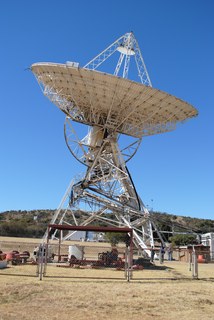
Click on the image for large version
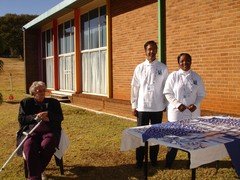
Click on the image for large version
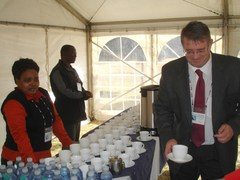
Click on the image for large version
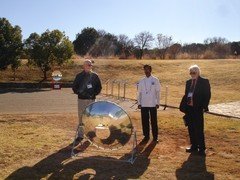
Click on the image for large version
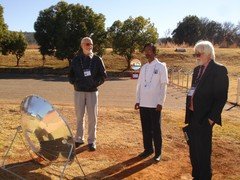
Click on the image for large version

Click on the image for large version
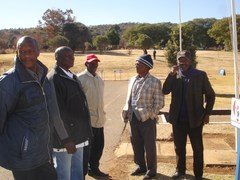
Click on the image for large version

Click on the image for large version

Click on the image for large version

Click on the image for large version
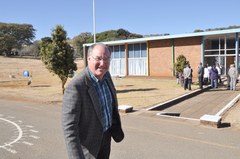
Click on the image for large version
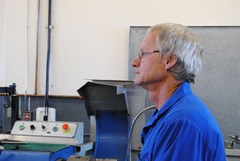
Click on the image for large version

Click on the image for large version

Click on the image for large version

Click on the image for large version
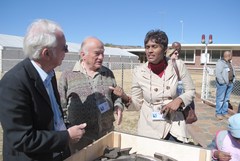
Click on the image for large version
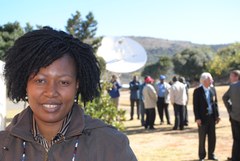
Click on the image for large version
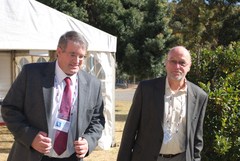
Click on the image for large version
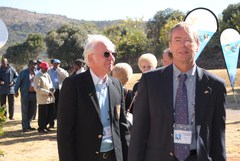
Click on the image for large version

Click on the image for large version

Click on the image for large version
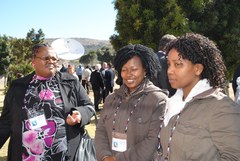
Click on the image for large version

Click on the image for large version
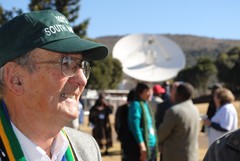
Click on the image for large version
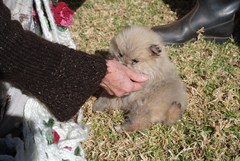
Click on the image for large version
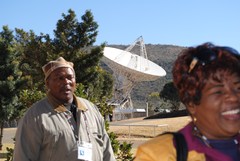
Click on the image for large version
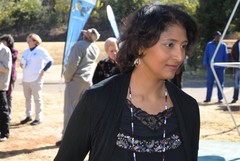
Click on the image for large version
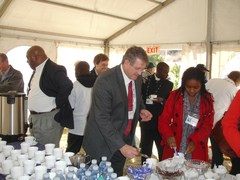
Click on the image for large version

Click on the image for large version

Click on the image for large version
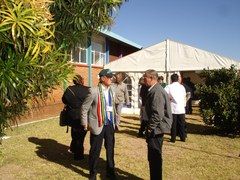
Click on the image for large version
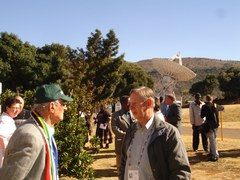
Click on the image for large version
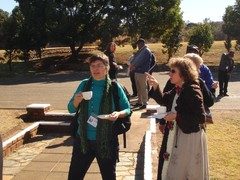
Click on the image for large version
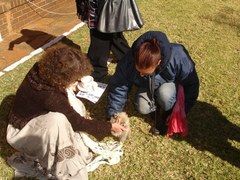
Click on the image for large version
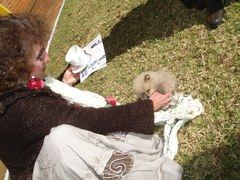
Click on the image for large version

Click on the image for large version
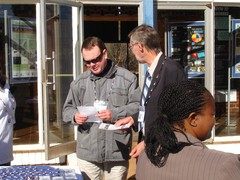
Click on the image for large version
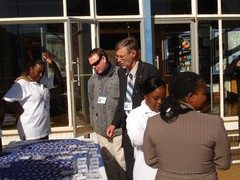
Click on the image for large version
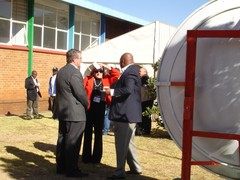
Click on the image for large version
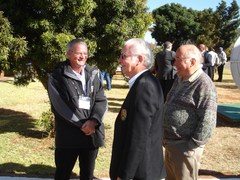
Click on the image for large version
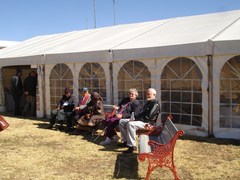
Click on the image for large version
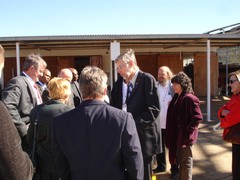
Click on the image for large version
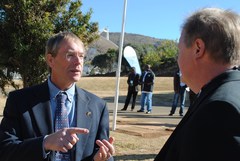
Click on the image for large version
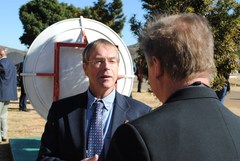
Click on the image for large version
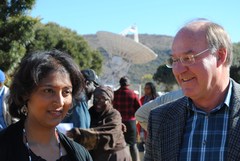
Click on the image for large version
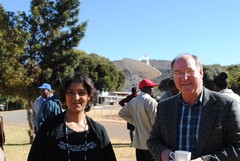
Click on the image for large version

Click on the image for large version

Click on the image for large version

Click on the image for large version

Click on the image for large version
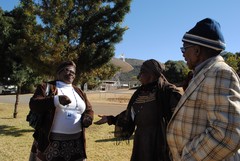
Click on the image for large version
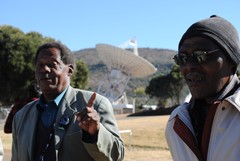
Click on the image for large version
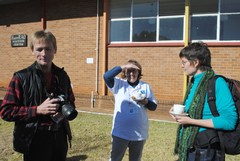
Click on the image for large version
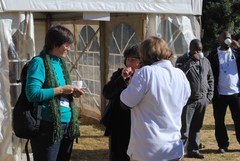
Click on the image for large version
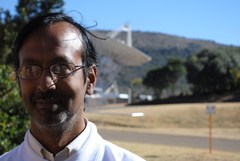
Click on the image for large version
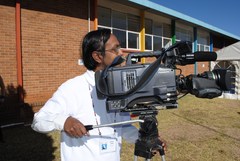
Click on the image for large version
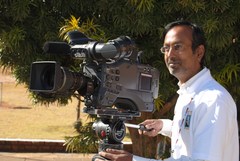
Click on the image for large version
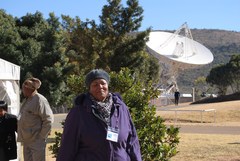
Click on the image for large version
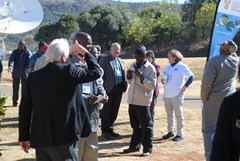
Click on the image for large version
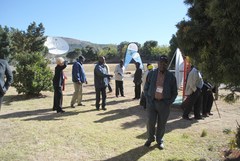
Click on the image for large version
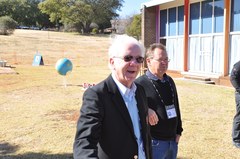
Click on the image for large version
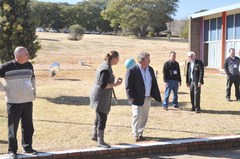
Click on the image for large version
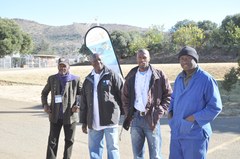
Click on the image for large version
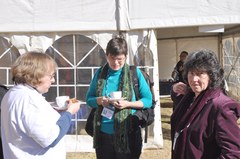
Click on the image for large version
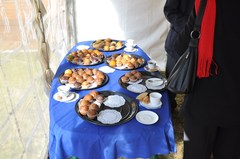
Click on the image for large version
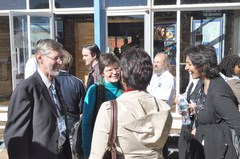
Click on the image for large version

Click on the image for large version
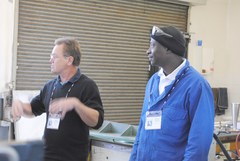
Click on the image for large version

Click on the image for large version
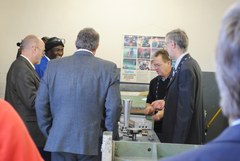
Click on the image for large version
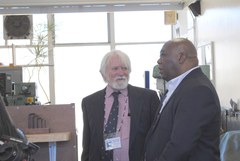
Click on the image for large version
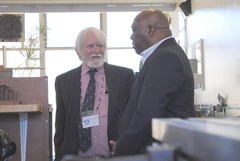
Click on the image for large version
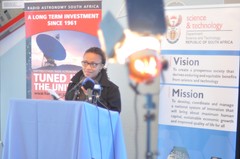
Click on the image for large version
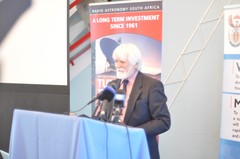
Click on the image for large version
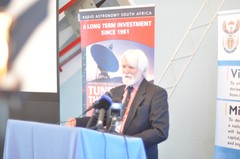
Click on the image for large version
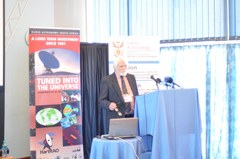
Click on the image for large version
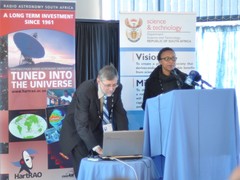
Click on the image for large version

Click on the image for large version
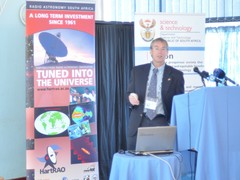
Click on the image for large version
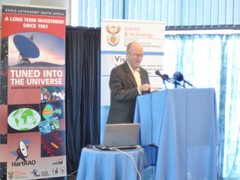
Click on the image for large version
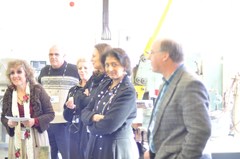
Click on the image for large version
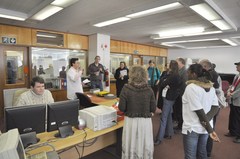
Click on the image for large version
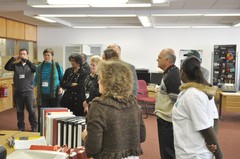
Click on the image for large version
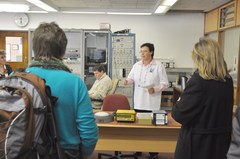
Click on the image for large version

Click on the image for large version
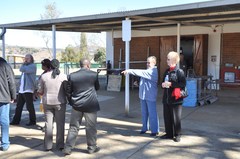
Click on the image for large version
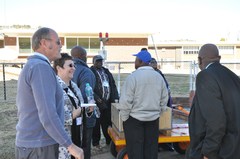
Click on the image for large version

Click on the image for large version
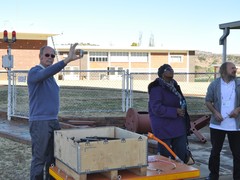
Click on the image for large version
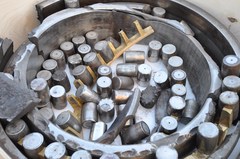
Click on the image for large version
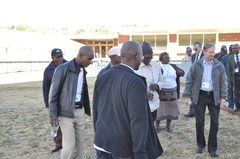
Click on the image for large version
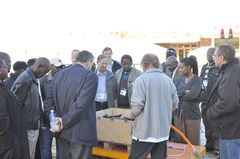
Click on the image for large version
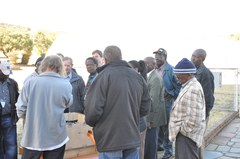
Click on the image for large version
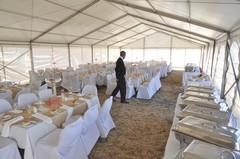
Click on the image for large version
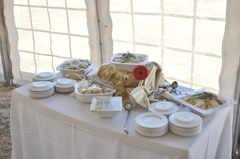
Click on the image for large version
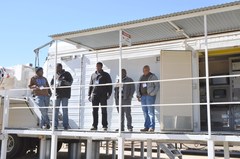
Click on the image for large version
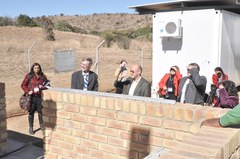
Click on the image for large version
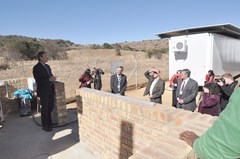
Click on the image for large version
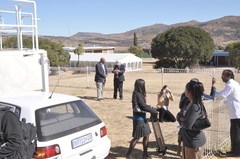
Click on the image for large version
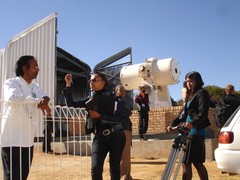
Click on the image for large version

Click on the image for large version

Click on the image for large version
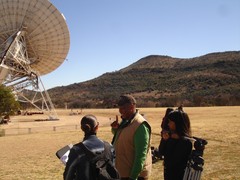
Click on the image for large version
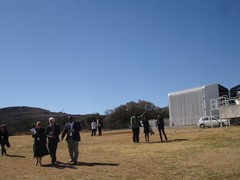
Click on the image for large version
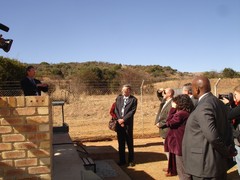
Click on the image for large version
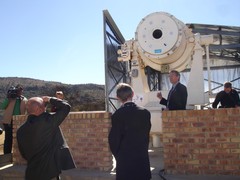
Click on the image for large version
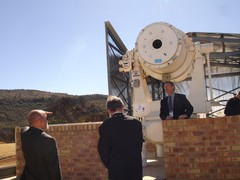
Click on the image for large version
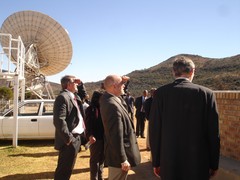
Click on the image for large version
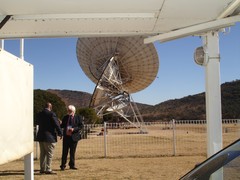
Click on the image for large version
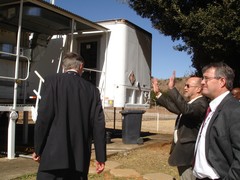
Click on the image for large version
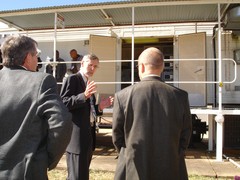
Click on the image for large version
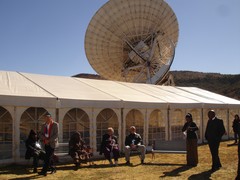
Click on the image for large version
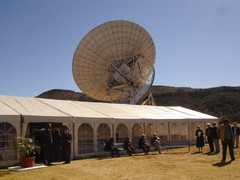
Click on the image for large version

Click on the image for large version

Click on the image for large version
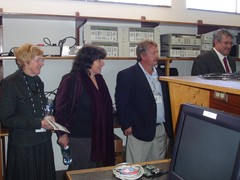
Click on the image for large version
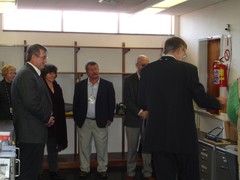
Click on the image for large version
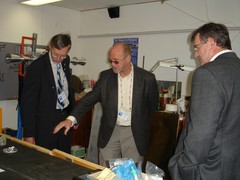
Click on the image for large version
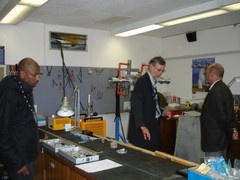
Click on the image for large version
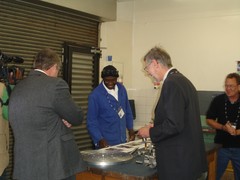
Click on the image for large version
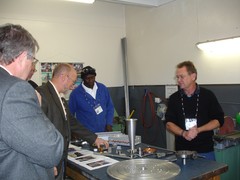
Click on the image for large version
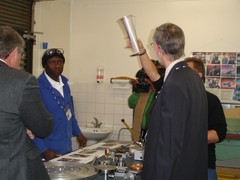
Click on the image for large version
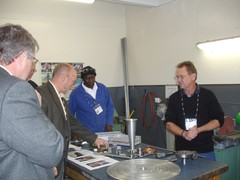
Click on the image for large version
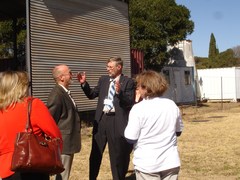
Click on the image for large version
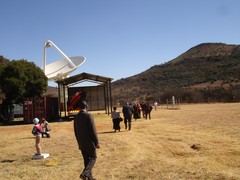
Click on the image for large version
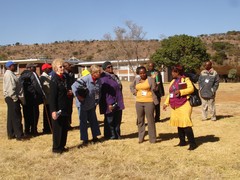
Click on the image for large version
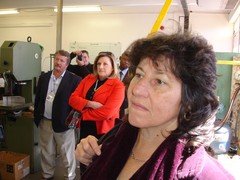
Click on the image for large version
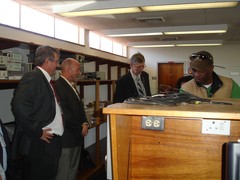
Click on the image for large version
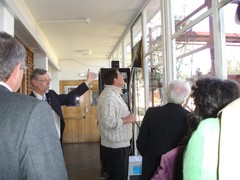
Click on the image for large version
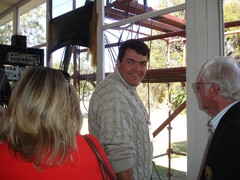
Click on the image for large version
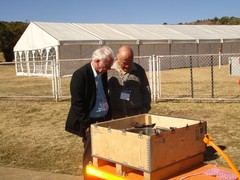
Click on the image for large version
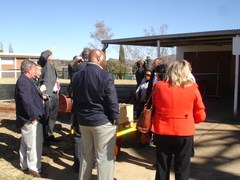
Click on the image for large version
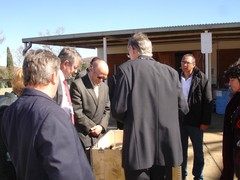
Click on the image for large version
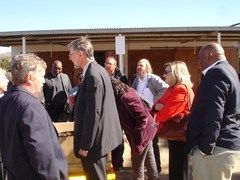
Click on the image for large version
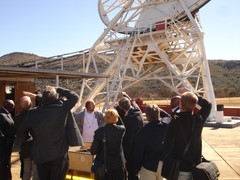
Click on the image for large version

Click on the image for large version
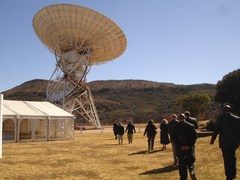
Click on the image for large version
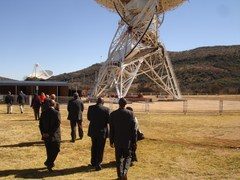
Click on the image for large version

Click on the image for large version
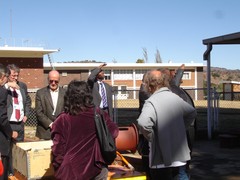
Click on the image for large version
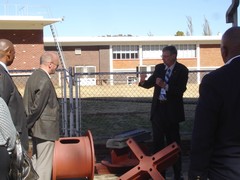
Click on the image for large version
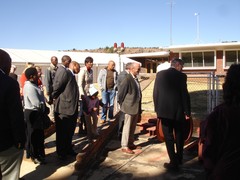
Click on the image for large version

Click on the image for large version

Click on the image for large version

Click on the image for large version

Click on the image for large version

Click on the image for large version

Click on the image for large version

Click on the image for large version
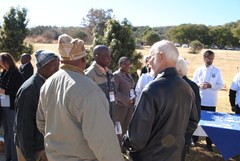
Click on the image for large version
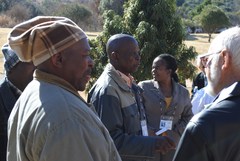
Click on the image for large version
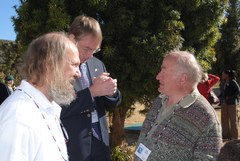
Click on the image for large version
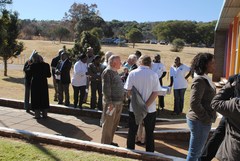
Click on the image for large version
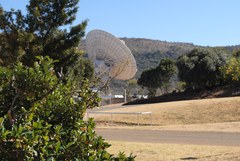
Click on the image for large version

Click on the image for large version
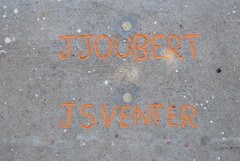
Click on the image for large version
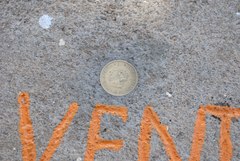
Click on the image for large version

Click on the image for large version
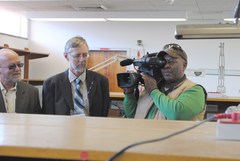
Click on the image for large version
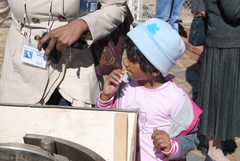
Click on the image for large version

Click on the image for large version
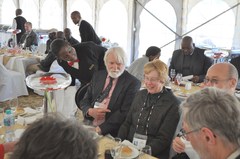
Click on the image for large version
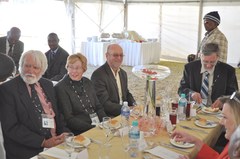
Click on the image for large version
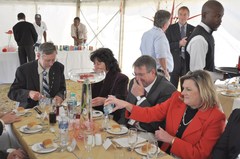
Click on the image for large version

Click on the image for large version

Click on the image for large version

Click on the image for large version

Click on the image for large version
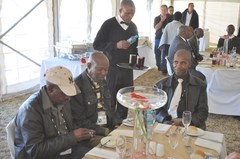
Click on the image for large version
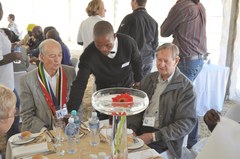
Click on the image for large version
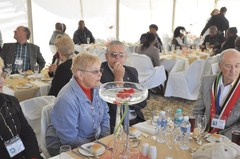
Click on the image for large version

Click on the image for large version
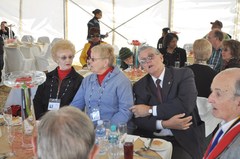
Click on the image for large version
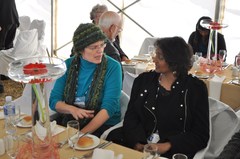
Click on the image for large version

Click on the image for large version
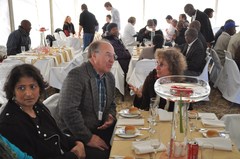
Click on the image for large version

Click on the image for large version
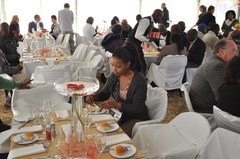
Click on the image for large version
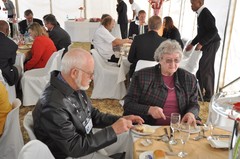
Click on the image for large version
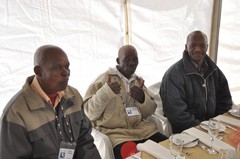
Click on the image for large version
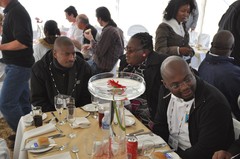
Click on the image for large version
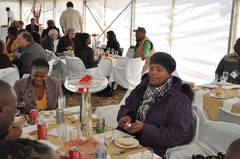
Click on the image for large version

Click on the image for large version
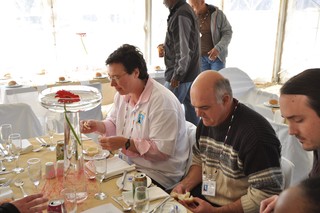
Click on the image for large version
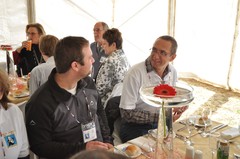
Click on the image for large version
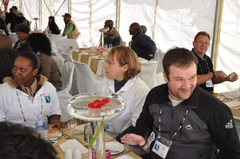
Click on the image for large version
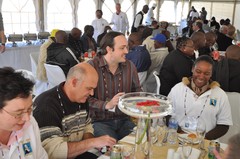
Click on the image for large version
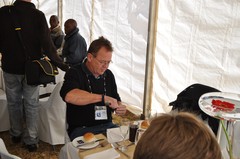
Click on the image for large version

Click on the image for large version
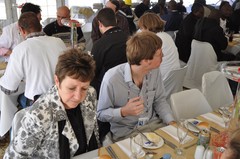
Click on the image for large version
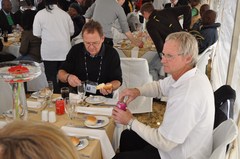
Click on the image for large version
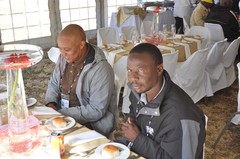
Click on the image for large version
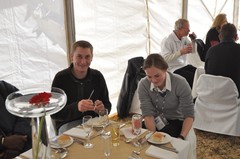
Click on the image for large version
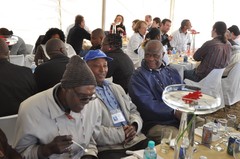
Click on the image for large version
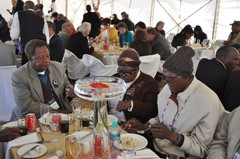
Click on the image for large version
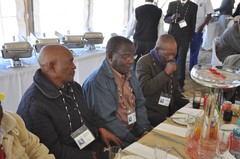
Click on the image for large version
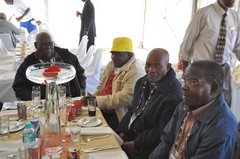
Click on the image for large version
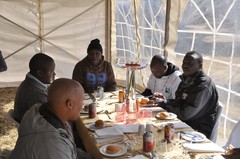
Click on the image for large version
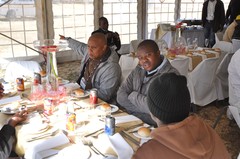
Click on the image for large version
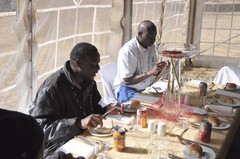
Click on the image for large version
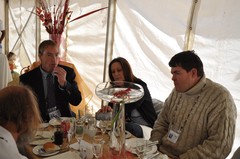
Click on the image for large version
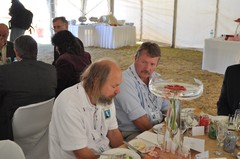
Click on the image for large version
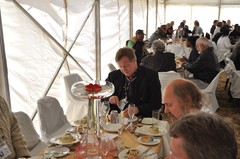
Click on the image for large version

Click on the image for large version
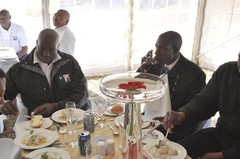
Click on the image for large version
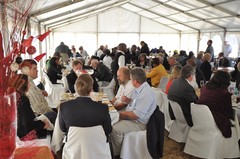
Click on the image for large version
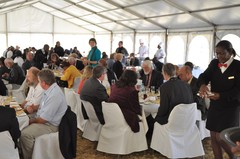
Click on the image for large version
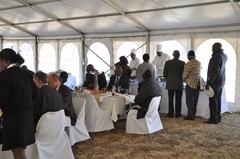
Click on the image for large version
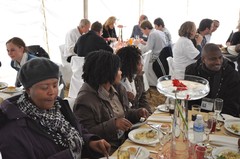
Click on the image for large version

Click on the image for large version
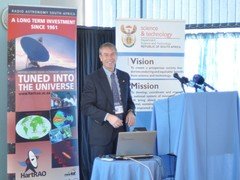
Click on the image for large version

Click on the image for large version

Click on the image for large version
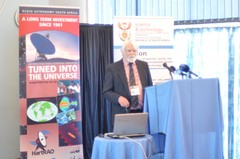
Click on the image for large version

Click on the image for large version

Click on the image for large version
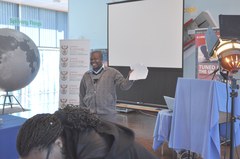
Click on the image for large version



















































































































































































































































